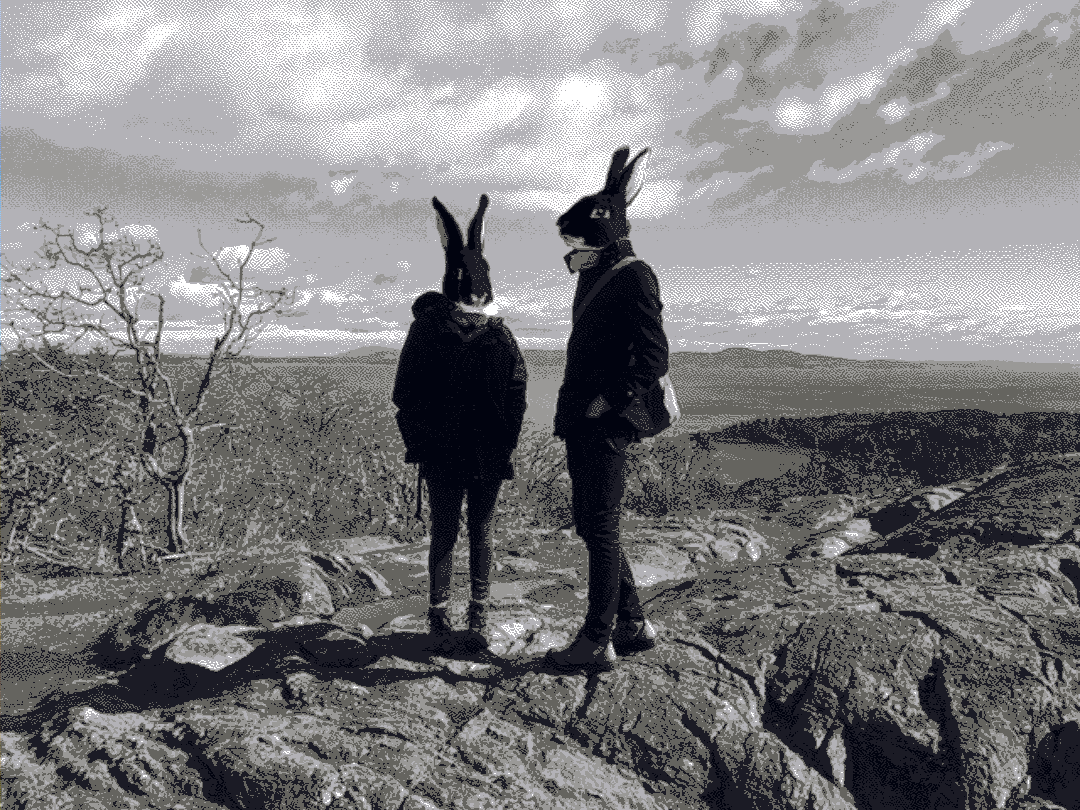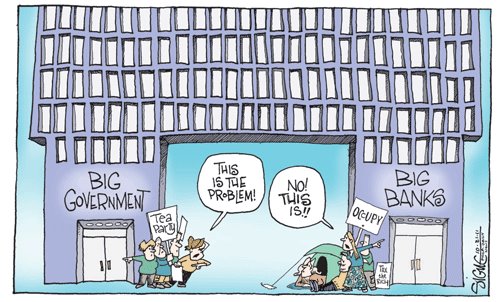If you’ve been reading this blog for long, you’ll know I have a special place in my heart for the bicycle. I wasn’t really into biking as a kid since I grew up on a hilly farm without any safe paved areas nearby, but in college my roommate got me hooked when I joined him and a couple friends on a bike tour of the Katy Trail in Missouri.
I don’t tour anymore, but I do still use my bicycle for transportation, and it’s one of the reasons I moved close to downtown even though it required a bit of downsizing. Being able to run errands on foot or bike is a big plus for me, although I’ll admit that still having a car means I don’t bike or walk as much as I’d like.
For me, a solarpunk future is one where people have what they need a short walk or bike ride away. Biking, walking, and other forms of active transportation are a surefire way to reduce road congestion, clean the air, and reduce carbon emissions in our cities. There will likely be a place for the private automobile in rural areas for the foreseeable future, but the American Dream of suburbia is hopefully coming to a close. Don’t get me wrong, automobiles are a really impressive piece of technology, but as Peter Walker says in How Cycling Can Save the World, “they’re used far too often and frequently for the wrong sort of trips.”
This spring, I joined the city’s Bicycle and Pedestrian Advisory Committee to see what could be done to improve “alternative” modes of transport in the city. This lets me use all the years of reading transportation and urban planning blogs in a place where it might actually have an effect. While some cities like NYC push for lower speed limits and more protected bike lanes, most cities in the United States are still deep in the throes of car culture, a modern day death cult. The first step is to remove parking minimums from zoning codes. Donald Shoup estimates free parking amounts to a $500 billion subsidy for car owners, or 50 cents of public money for every dollar spent by the individual car owner. While some local business owners say that removing parking will kill their business, in most cases, better bicycling and pedestrian facilities actually are better for local businesses. If the parking doesn’t go in to begin with, then you don’t have to worry about the inevitable battle to remove it later.
Solarpunk is about building a truly equitable and sustainable future. Much of the current environmental conversation is about what you can’t do to make a sustainable future – you can’t drive a personal vehicle, you can’t take long showers, etc. For me, solarpunk paints a picture of what we gain when we do the right thing. Being more connected to your community and taking time to enjoy the little nooks and crannies that make our cities so interesting may sound quaint, but it can bring real happiness. Being trapped in a metal box breathing the noxious fumes while at a standstill does not spark joy.
In addition, the design choices that making cycling and walking better also improve accessibility for disabled individuals when coupled with ADA guidelines. A well designed sidewalk is pleasant to walk down but is also a lot better for someone in a wheelchair to navigate than the side of the road with a gravel or grass shoulder. There’s no shortage of concern trolls who crop up when people start suggesting that the current dominance of cars on the streets isn’t the natural order of things. There are people with some disabilities for whom personal automobiles are a great blessing. Many disabled individuals do cycle or catch a ride on a bike, and organizations like Wheels for Wellbeing or Cycling Without Age help cycling reach groups that are often disenfranchised by current transportation options. Moving people out of their cars and onto bikes can only help those who are dependent on vehicles for mobility.
At first, I assumed that even if we eliminated the need for private automobiles in city centers, we’d surely still need delivery trucks for goods. Surely we need to buy things, and all those things must be moved by a big truck! With the realization that many of the fatal vehicle/cyclist crashes in the last year have involved supposedly-professional drivers, I’m a lot less convinced. While some people think drones will be the delivery service of the future, I’m betting on the e-cargo bike. There’s still the potential for crashes, yes, but when the cargo bike is 10x lighter than a box truck and going at a lower speed, physics dictates you’ll have a lot fewer injuries and deaths from a cargo bike wreck. As anyone who bikes knows, UPS and FedEx are already used to being in the bike lane, so it will be a small adjustment for their drivers anyway. There’s also the possibility that there will be less consumption in a solarpunk future which would reduce the overall amount of deliveries necessary.

FedEx truck parked in bike lane in Philadelphia by Phila. Bikes via a CC BY-SA 2.0
So, in the end, how do we get more people on bikes and reduce the number of single occupancy vehicle trips in our cities? One idea is to pay people to bike. This might seem weird at first, but when you take into account the public health benefits and cuts to both road maintenance and congestion created by pulling people out of cars it starts making sense. For something with precedent in the US, the government could offer tax credits for ebikes instead of electric cars. Ebikes have all the benefits of a regular bike, and for that $7,500 tax credit electric car buyers are getting, you could buy several entire ebikes. I suspect a lot of car owners would opt to use an ebike for the 48% of trips that are less than 3 miles when they see how much more fun it is to bike than drive. Long term, denser multiuse zoning and land use would do a great deal to make neighborhoods more walkable and bikeable.
Active transportation isn’t just better for your health and for reducing congestion in the city, it also helps improve the social fabric. It’s a lot easier to stop and talk to a friend or check out a new coffee shop when you’re on a bike or walking. I can recommend reading Just Ride for tips on the essentials of cycling for transport (hint – it’s not spandex). The more people riding, the safer the streets get for those of us using “alternate” transportation.
For more on bikes and urbanism, I’d suggest the War on Cars podcast and the book, Bikenomics. Bikenomics a really good book for interfacing with local business and government officials since economics is a more important driver of policy than human safety or happiness.
Do you cycle or walk for transportation? How does your area handle bicycle, pedestrian, and micromobility users?
Disclaimer: I may receive a small commission from affiliate links to books on this site.













